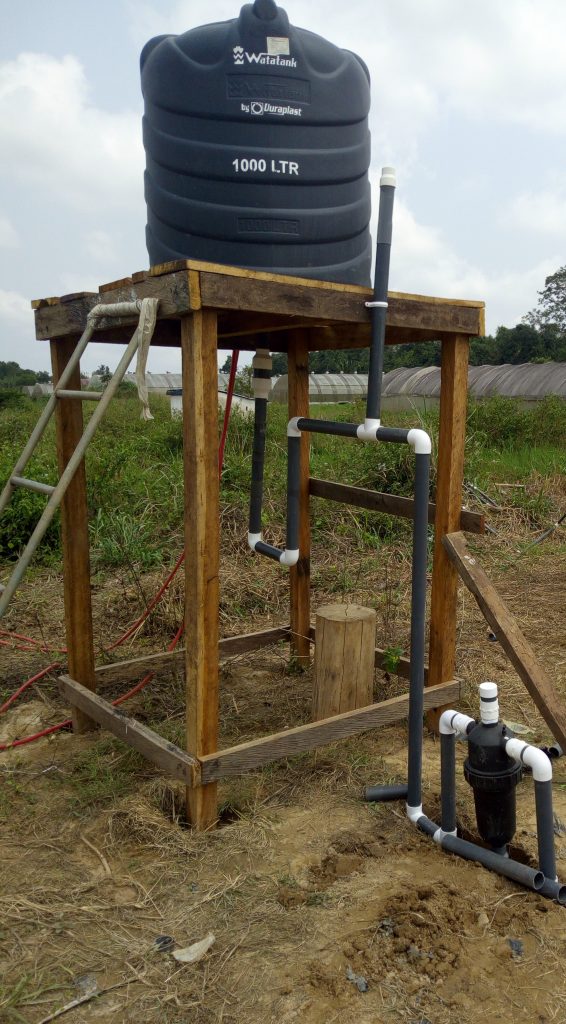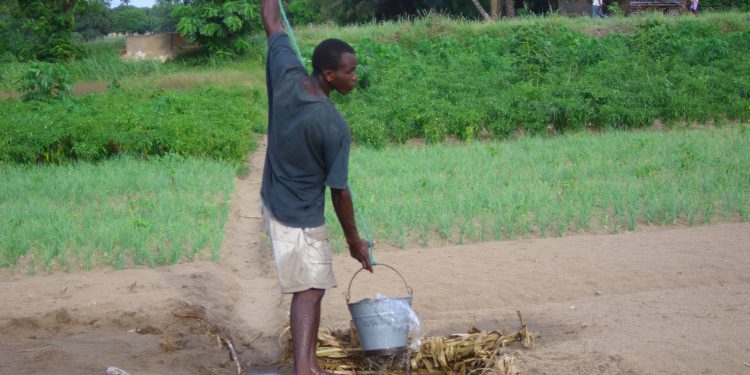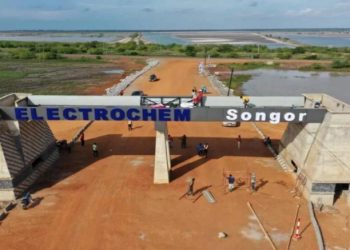Ghanaian researchers have developed a new and simple technique to help farmers water their crops.
The invention is cheap and easy to build, and researchers believe it could be a potent weapon in the fight to produce enough food for the growing population of Ghana.
“Small-scale farmers in Ghana produce the majority of the food that feeds our population. They rely on rain for their farming, but climate change will make it increasingly difficult to produce enough food without watering systems,” says Dr. Eric Oppong Danso, who’s behind the new technique.
Dr. Danso is also a researcher at the University of Ghana’s Forest and Horticultural Crops Research Centre.
He added that currently, many farmers are losing their crops because climate change has made rainfall patterns unreliable noting that “most of these farmers have resorted to manual fetching of water to irrigate their crops. However, manual irrigation is laborious, requiring 5 hours of hard work a day to irrigate a plot size of only 1/8-acre.”
Drip irrigation which allows water to trickle slowly to the roots of plants has been promoted as an appropriate technology to replace manual irrigation for small-scale farmers.

However, such systems have been abandoned in many places because they were too laborious and cumbersome to operate.
The new technique developed by the researchers uses locally available PVC pipes to fabricate a device that automates the drip irrigation system.
“The device has no moving parts, needs little to no maintenance and can be fabricated and operated by farmers themselves,” says Dr. Eric Oppong Danso.
According to the researchers, this is the first time such a device has been used to distribute irrigation water automatically.
The technique allows upgrading existing small-scale drip irrigation systems with the device to achieve a fully automated irrigation system at a very low cost.
To get instructions on how to build the watering system yourself go to the website www.websoc.net or contact Dr. Eric Oppong Danso, Forest and Horticultural Crops Research Centre, University of Ghana via email: Email: eodanso@ug.edu.gh.















